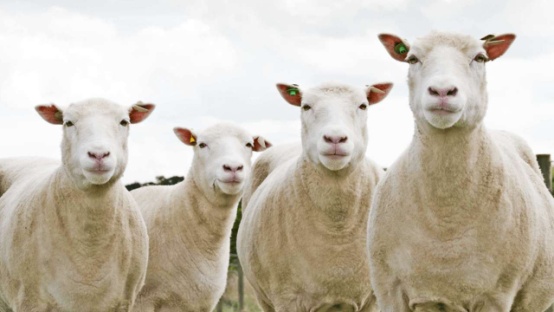
(opinion article)
Man is a creature that cannot live without progress. Every year we develop, create new technologies, look for ways that can improve our lives. Unfortunately or fortunately, people, in addition to the desire for scientific progress, have a clearly defined morality and empathy. Therefore, I would like to present one of the most complex ethical and scientific issues of mankind: it is ethical or not to have cloning, what kind of benefit or danger it represents. At the moment there are more negative than positive positions on this topic.
The
first thing I would like to present are positive arguments. Firstly, cloning
will help solve the issue of childbearing for infertile women and same-sex
couples. For people who are not treatable for infertility, reproductive cloning
will be a real gift. People will be able to find a child with their own set of
genes, without using IVF and surrogate motherhood methods. Secondly, cloning
makes it possible to grow parts of the human body using host DNA. Such parts of
the body can be used to replace already existing, but not suitable. You can
also clone certain organs and replace them with patients.
But,
unfortunately, the advantages of cloning end there. The society still discusses
the ethics of this scientific achievement, and gives many arguments that it is
unacceptable in modern society. One of the biggest problems of human cloning is
that it creates a unique and difficult social confrontation. If a person clones
himself and raises a child as his own, then this creates a strange situation.
Instead of being the father of the clone, he becomes the brother of the clone.
Also in society, clones find themselves in a very awkward position. How should
we perceive them? Meanwhile, clones may be subject to forced psychological and
social development, because they will be monitored because they are already
someone`s copy, and compare the course of their life with the life of the
“original.” Another strong argument against is the freedom of choice.
In modern society, which is not focused on teams, but individually on each
person, the freedom of action is very important. If we are talking about cloning,
then the clone was created without his choice and, as a result, he will not be
able to live and develop freely. The next argument, which, in my opinion, is
one of the most important – cloning will erase the notion of human
individuality. If a person can be grown in the laboratory as a vegetable, the
value of his life will disappear. A child born by cloning is not unique, it is
an image of a donor, and it has no individuality. Such a child will always be
perceived as a product that can be reproduced repeatedly. And the last, at
least at this stage in the development of our science, cloning is unsafe.
Dolly, the most famous clone sheep, lived for 6 years and gave birth to 5
healthy sheep. She died of lung cancer. Dolly was predicted to have a lifespan of
11–12 years, but she died prematurely. It is believed that the possible cause
of death was that its genetic age was 6 years. Since it is almost impossible to
clone a newborn, clones will always suffer from this anomaly.
As a result, despite the fact
that there are both supporters and opponents of human cloning, it is believed
that the idea of human cloning will do more harm than good. I agree with this
opinion, because if cloning becomes something trivial, humankind will change
radically, lose all of its original principles and transform itself into a
society that will destroy itself.


























































Залишити відповідь